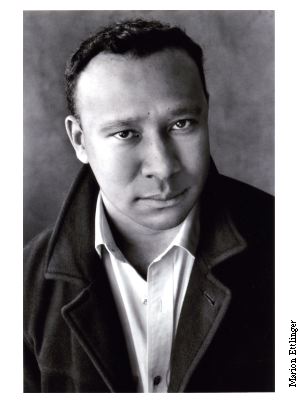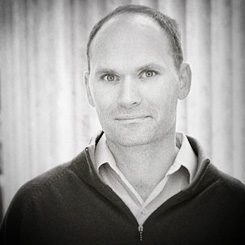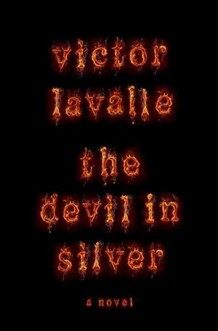Faculty member C. Dale Young has been awarded a Bellagio Creative Arts Fellowship from the Rockefeller Foundation. The Fellowship includes a month-long Creative Artist residency at the Bellagio Center/Villa Serbelloni in Italy, where C. Dale will complete his fourth book of poetry. Typically no more than 12 artists from diverse disciplines around the world are invited to the Center each year for a residency.
The Bellagio Residency program offers academics, artists, thought leaders, policymakers, and practitioners a serene setting conducive to focused, goal-oriented work, and the unparalleled opportunity to establish new connections with fellow residents from a stimulating array of disciplines and geographies. The Bellagio Center community generates new knowledge to solve some of the most complex issues facing our world and creates art that inspires reflection, understanding, and imagination.
C. Dale is the author of Torn (2011, Four Way).










